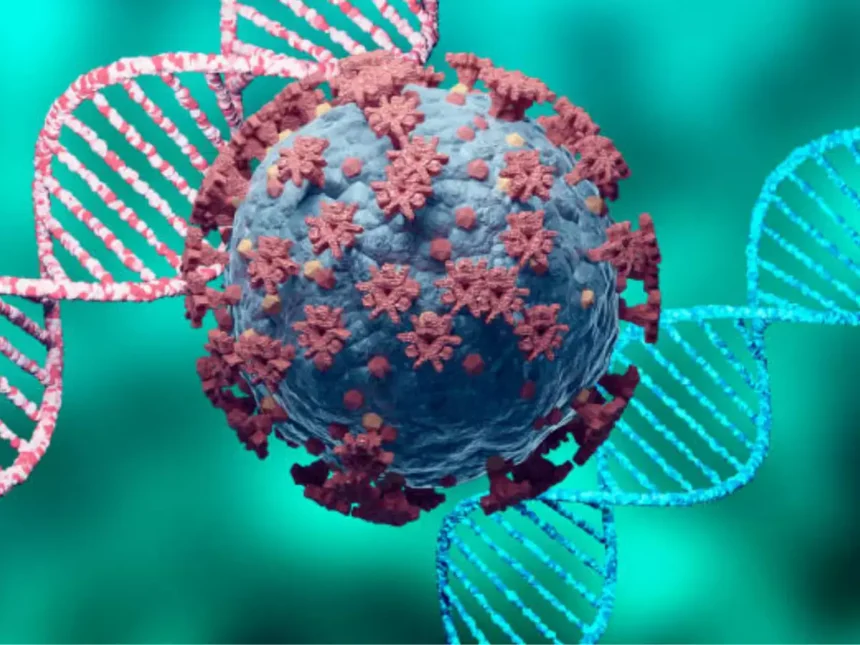In recent developments, India has witnessed the arrival of a new Covid-19 variant, JN.1 (BA.2.86.1.1), adding a layer of complexity to the ongoing battle against the pandemic. The variant, identified as a descendant of the BA.2.86 lineage (Pirola), emerged in late 2023 and has raised concerns within the health community.
On a recent Thursday, India reported a significant spike in active Covid-19 cases, with 2669 new cases within a 24-hour period. The Union Health Ministry has highlighted specific regions experiencing an uptick in cases, notably Kerala, Maharashtra, Jharkhand, and Karnataka. This regional concentration of cases emphasizes the need for targeted measures to control the spread of the virus.
Dr. V K Paul, a member of NITI Aayog focusing on health, addressed the nation on Wednesday, revealing that India has identified 21 cases of the JN.1 sub-variant. This disclosure underscores the importance of genomic surveillance to track the evolution of the virus and implement timely public health responses.
The JN.1 variant, officially designated as BA.2.86.1.1, belongs to the broader BA.2.86 lineage (Pirola) of the coronavirus. This lineage has shown an ability to undergo genetic changes, leading to the emergence of sub-variants with unique characteristics. Scientists are closely monitoring these variations to understand their implications for transmission, severity, and vaccine efficacy.
About The new Variant:
As with any new variant, there are concerns about the potential impact on public health. The scientific community is actively studying the JN.1 variant to determine its transmissibility, severity of illness it may cause, and whether existing vaccines remain effective against it. This ongoing research will play a crucial role in adapting public health strategies accordingly.
The emergence of the JN.1 variant underscores the importance of remaining vigilant and prepared in the face of a continuously evolving virus. Governments, health agencies, and communities must collaborate to strengthen surveillance, enhance testing capabilities, and ensure the availability of healthcare resources.
The identification of the JN.1 (BA.2.86.1.1) variant in India highlights the dynamic nature of the SARS-CoV-2 virus. Continued monitoring, robust public health measures, and scientific research are pivotal in navigating these uncertain times. As the world grapples with emerging variants, a collective and informed response is essential to safeguard public health and work towards overcoming the challenges posed by the evolving landscape of the Covid-19 pandemic.






